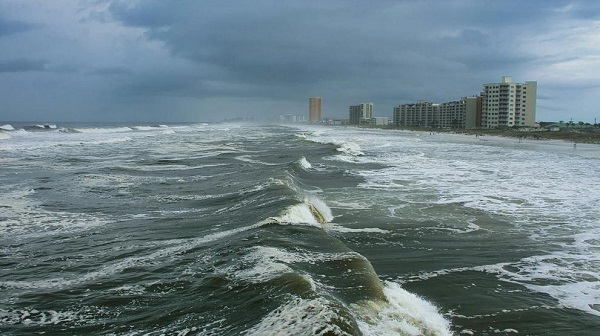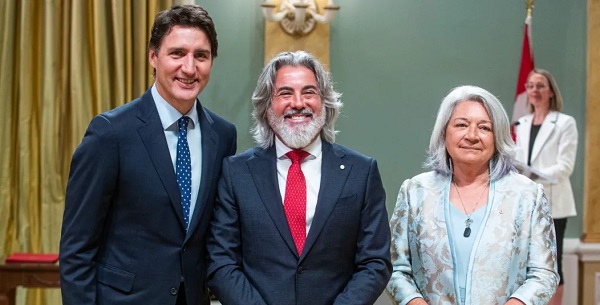From The Center Square
By Alan Wooten
Nothing like Helene, and nothing like three hurricanes making landfall in 66 days.
Sunday’s end to the hurricane season for the Atlantic Basin was welcomed from the Gulf states to the Atlantic seaboard, with gratitude not a single one made landfall in the United States. A year ago, Hurricane Helene was among the three in just over two months that arrived in Florida, and its destruction was most heavily felt in North Carolina with 108 deaths and an estimated $60 billion to $80 billion in damages.
This is the 62nd week of recovery from Helene.
“That was a much-needed break,” said Dr, Neil Jacobs, under secretary of commerce for oceans and atmosphere and National Oceanic and Atmospheric Administration administrator. “Still, a tropical storm caused damage and casualties in the Carolinas, distant hurricanes created rough ocean waters that caused property damage along the East Coast, and neighboring countries experienced direct hits from hurricanes.”
This is the eighth year this century with no hurricane landfalls in the Atlantic season. The previous years were 2000, 2001, 2006, 2009, 2010, 2013 and 2015.
Thirteen storms reached a level to be named, five escalated to Category 1 (sustained winds of 74 mph or greater) and four of those eclipsed Category 3 (sustained winds 111 mph or greater).
Hurricanes Humberto and Imelda on Sept. 30 drew as close as 450 to 600 miles apart in the Atlantic Ocean, churning up the surf along much of the East Coast and drawing a warning for storm surge between Florida and South Carolina. Imelda ultimately was drawn toward and followed Humberto out to sea, enabling the Carolinas to avert catastrophe.
Erin, however, was a different story. Once a Category 5 (sustained winds 157 mph or greater) in the ocean, the storm temporarily shuttered four ferries in North Carolina and closed the 148-mile famed N.C. 12.
Tropical Storm Barry in June was the closest threat to Gulf Coast states. Imelda was the closest threat to Florida.
In Florida in 2024, Debby made landfall as a Category 1 hurricane near Steinhatchee on Aug. 5, Helene made landfall as a Category 4 hurricane in Dekle Beach on Sept. 26, and Milton made landfall as a Category 3 hurricane near Siesta Key on Oct. 9.
The 2024 season had 18 named storms, 11 reaching at least Category 1 hurricane level, and five of those accorded major hurricane level (Category 3 or worse).


















